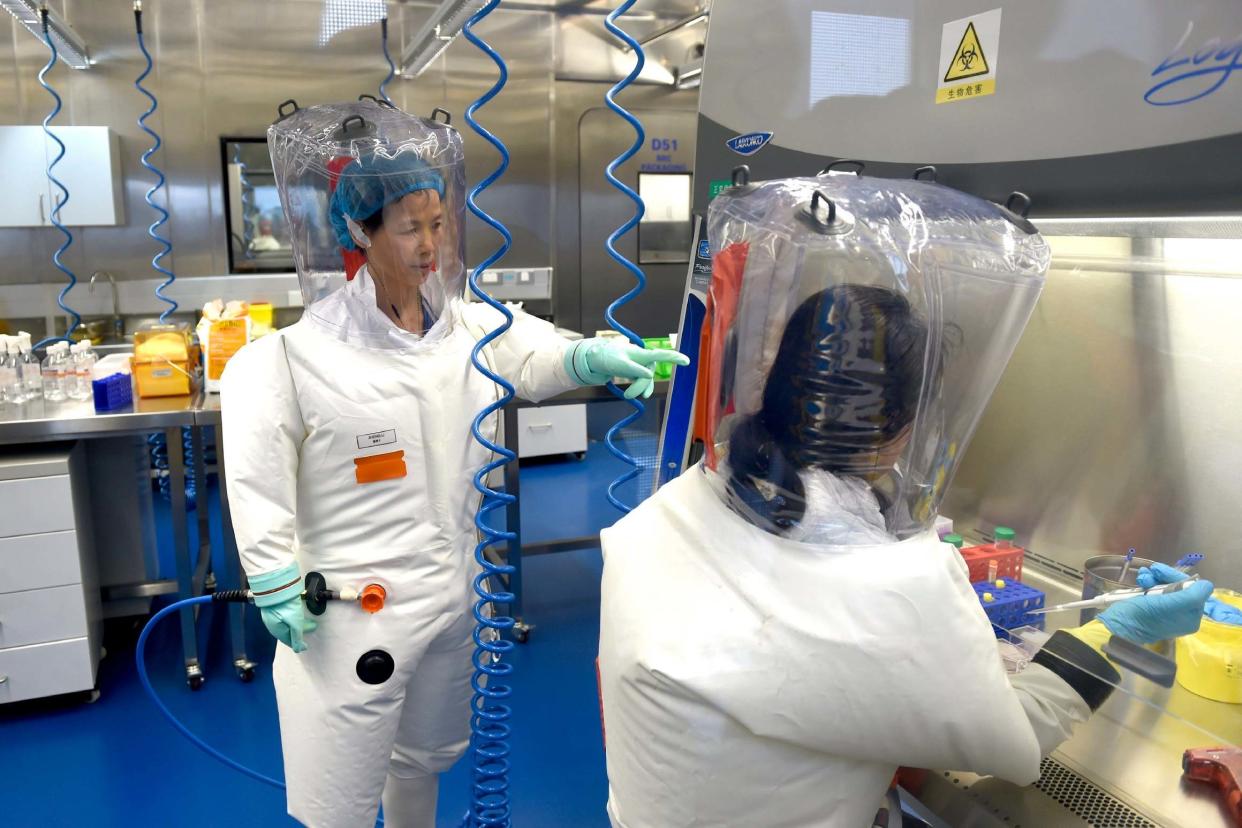WHO says coronavirus ‘most likely came from bats’ after Wuhan scientist probe

Officials from the World Health Organisation grilled scientists in Wuhan about the origins of the novel coronavirus as the body launched an investigation into the start of the pandemic.
WHO researchers have so far had "extensive discussions" and exchanges with scientists in the city where the outbreak was first detected, a spokesman said on Tuesday.
They concluded that the virus most likely came from bats and probably had another, intermediary animal "host".
China shut down a wildlife market in Wuhan at the start of the outbreak, a day after discovering a number of patients were vendors or dealers.
"The team had extensive discussions with Chinese counterparts and received updates on epidemiological studies, biologic and genetic analysis and animal health research," WHO spokesman Christian Lindmeier told reporters.
These included video discussions with Wuhan virologists and scientists, he said.
The World Health team, comprising specialists in animal health and epidemiology, will spend three weeks in China, laying the groundwork for a broader investigation into pandemic’s source.
Chinese and international experts are seeking to discover how the virus that causes Covid-19 jumped the species barrier from animals to humans.
Mr Lindmeier did not provide details on the timing or composition of the wider mission, which may not include American representatives after the US formally cut ties with the WHO.
President Donald Trump and Secretary of State Mike Pompeo have said the pathogen may have originated in a laboratory in Wuhan, although they have presented no evidence for this and China has denied it.
Scientists and US intelligence agencies have insisted it emerged naturally.
WHO emergencies chief Mike Ryan said on Monday that surprises were possible.
"The fact that that fire alarm was triggered (in Wuhan) doesn't necessarily mean that that is where the disease crossed from animals to human," he said.
Read more
Second wave fears mount as towns face quarantine blockades-LIVE
Stray dogs eating bats may have started pandemic, study suggests
'Silver bullet' coronavirus treatment may never come, WHO warns


